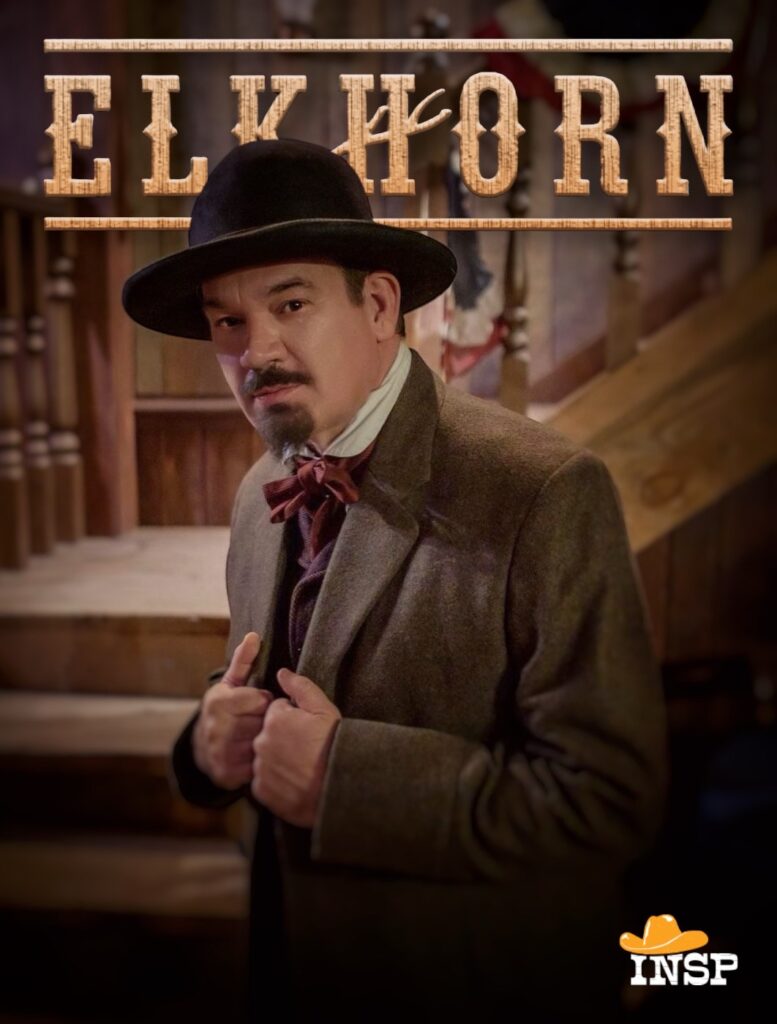
Riding Into the Sunset: A Conversation with Travis Lee Eller on Acting, Writing, and the Art of the Western.
Home » Interviews » Riding Into the Sunset: A Conversation with Travis Lee Eller on Acting, Writing, and the Art of the Western.
Riding Into the Sunset: A Conversation with Travis Lee Eller on Acting, Writing, and the Art of the Western.
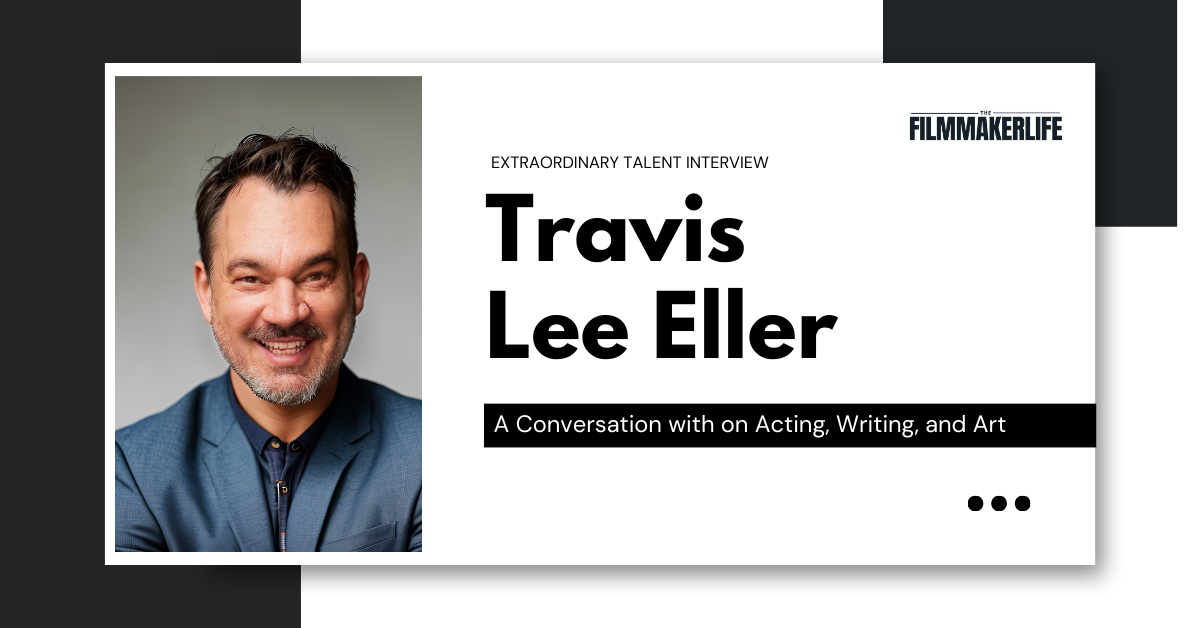
Travis Lee Eller
Travis Lee Eller: A consummate talent of the Western genre, Travis Lee Eller embodies the spirit of the frontier both on and off-screen. With his upcoming role in “Elkhorn” on the horizon, we sat down with Eller to delve into his portrayal of Joe Ferris, his passion for authenticity in Western storytelling, and the intricate balance between his acting and writing endeavors. From crafting characters with depth and nuance to handcrafting hats that add visual authenticity to film sets, Eller’s multifaceted career exemplifies a dedication to the artistry and integrity of the Wild West narrative.
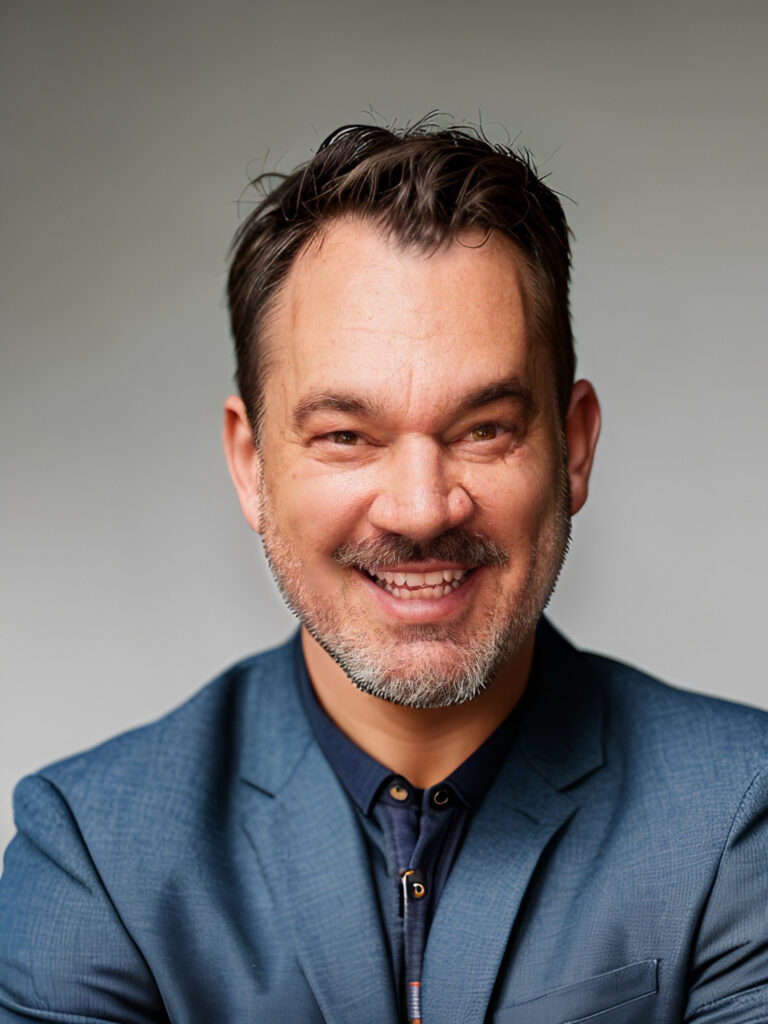
RIDING INTO THE SUNSET INTERVIEW
“Elkhorn” is set to premiere on the INSP network on April 11 at 9pm ET. Can you give us a brief overview of the show and tell us about your character and his journey throughout the series?
“Elkhorn” is the story of a time in Teddy Roosevelt’s younger life when he lost his wife and mother on the same day, Valentines Day. He was beside himself with grief and needed a break from politics, a change in his life, so he decided to go West to seek adventure and possibly become a cowboy. The story is based on real events and people he encountered along the way. I play Joe Ferris, one of the first people TR met in the Dakota Territory and shop keeper in the town of Medora. Joe is a good friend to Teddy, knows everyone in town. He wants nothing but the best for the community and wants to see it prosper.
In ‘Elkhorn’, you portray a principal lead character. Can you share some insights into the preparation process for such a role? How do you delve into the psyche of your character and bring them to life on screen?
It was great that the character was based on a real person because my first step into preparation was looking up the history of Joe. I read as much as I could find about him in order to get an idea of what kind of man he was. I combined that reading with my interpretation of how people lived during those times, the hardships of day to day living in the 1880’s. Joe was not just a shopkeeper but a postmaster, a cowboy, a hunter and he even ran a stable. I interpreted him as driven, determined and a man people could trust.
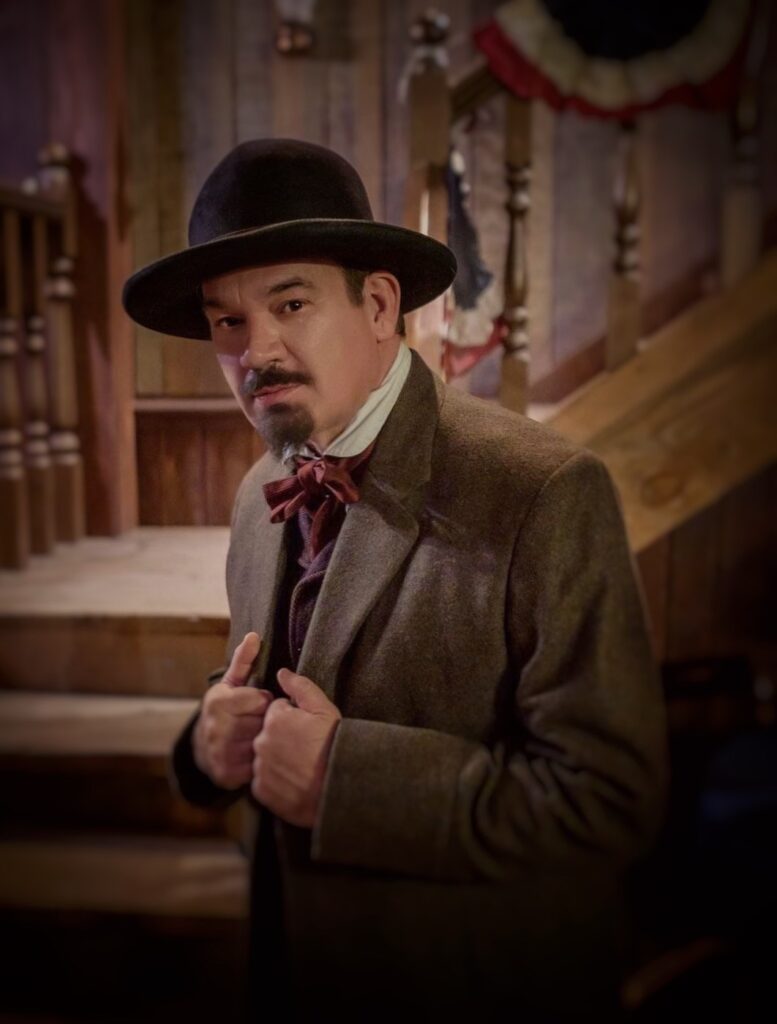
You’ve mentioned your passion for the Western genre. How do you approach bringing authenticity and depth to your roles in Western-themed projects, given your extensive experience in the genre?
The way I approach bringing authenticity is not by just having a passion for Western roles but by having a passion for the actual history of the West. I’m just as much a fan of historic truths of the Old West as I am of Cinematic tales. Learning from History really helps me to connect with most roles in this genre. By studying the actual good guys and bad guys it really gives me a sense of how to approach a character. I love to portray these men so much. There’s something freeing about getting into the mindset of someone who lived in simpler, less modern times.
Your career spans both in front of and behind the camera. How do you find the balance between acting and writing, and do you feel one role informs or enhances the other in your creative process?
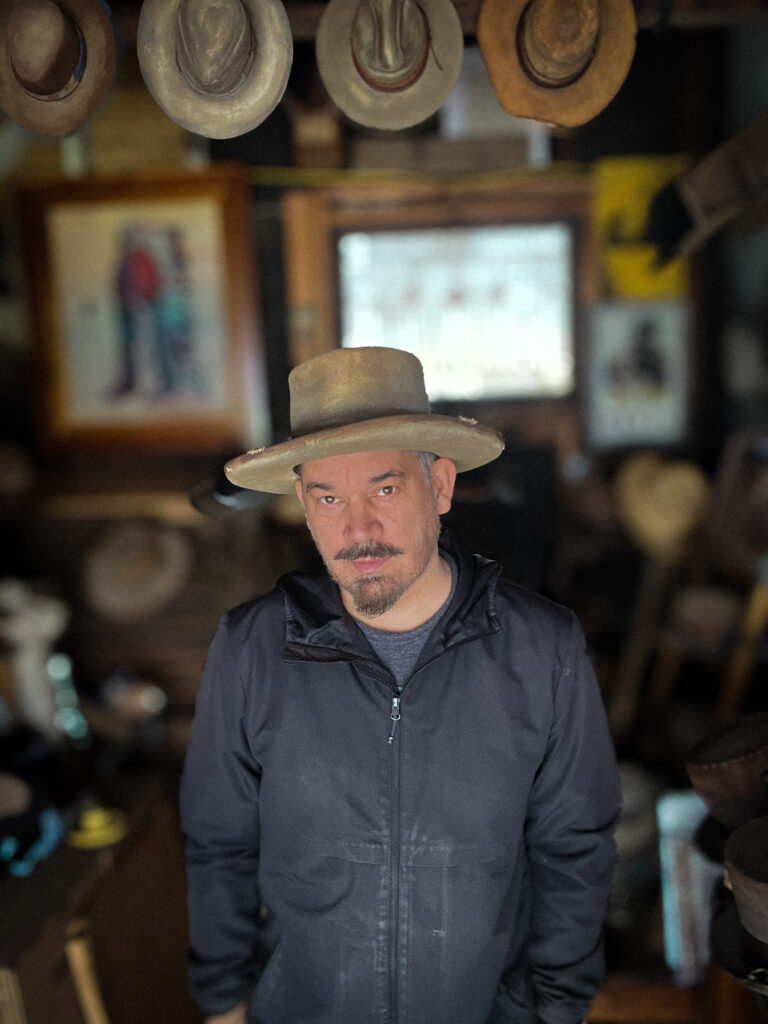
For me, the balance comes easy. I’m so involved in this particular genre that ideas are constantly flowing. And yes, they do work hand in hand. Sometimes a writing idea will come from an experience on set. I’ve managed to write stories based on locations I’m at or the view of a certain landscape. It also works the opposite way where I can use certain characteristics of a character I’ve written in an upcoming acting project.
How does your experience as a writer influence your approach to portraying characters on screen?
I think one of the important things writing has helped me develop is a certain tone and pacing of a character. Writing in this particular genre has allowed me to be more aware of moments and subtleties within a scene.
Your involvement in creating hats for independent film and television is fascinating. Can you tell us more about this side of your career and how it intersects with your work in the entertainment industry?
Absolutely, the hat making side of me actually originated from filmmaking and the love of Westerns. I had an experience on a film where my character was an outlaw, stranded in the desert and without water. I was supposed to be on the brink of death. When I got to wardrobe they handed me the cleanest clothes you’d ever seen. Obviously, this wasn’t adding any realism to my character portrayal or the story for that matter. It was then that I decided that maybe I could start making my own hats and bring them to set in the hopes that my option was better. At least the hat would look the part. Since then I’ve started my own business and made quite a few for independent films and television. I’m a firm believer that in a Western, the hat can make or break your character.
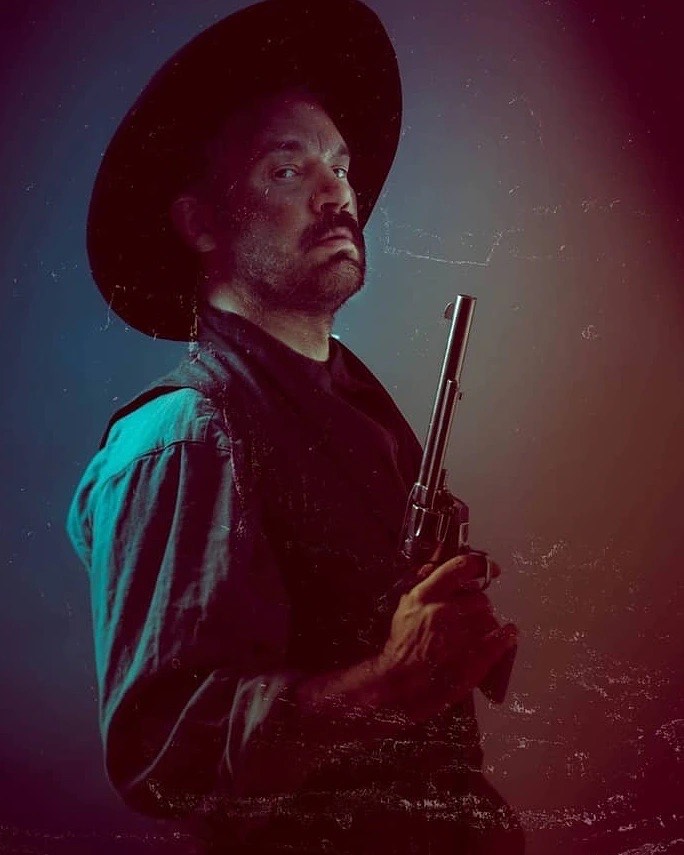
You’ve worked on several Western projects. What do you believe sets apart a memorable Western film or series from the rest?
I’d have to refer back to something I talked about earlier which is the pacing and tone of a film. I like more of a realistic story, a script that makes you think that the characters could have actually existed. I tend to gravitate less to the Westerns with cliche scenes, comedic, or stereotyped characters. Ultimately, a good score combined with the realism really hits home with me.
Your IMDb profile showcases a diverse range of roles across various genres. Is there a particular type of character or storyline that you find most compelling to explore as an actor?
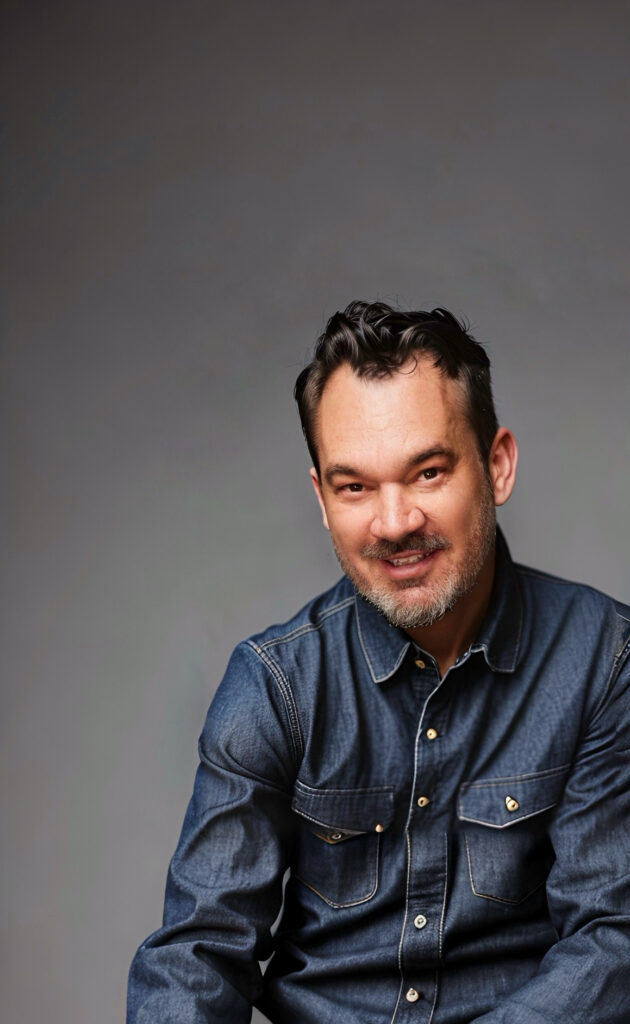
I am open to play any and all characters. I love the challenge, the idea of getting into the headspace of all types of people. However, I must say I do love the villain. I’ve always been intrigued by the villains in a film, I’m drawn to them and I don’t know why? Perhaps because it’s so far from what I am in real life. Being bad has a certain power to it unlike any other portrayal, and it’s really fun.
As an actor, what do you find most challenging about bringing a character to life on screen, and how do you overcome those challenges?
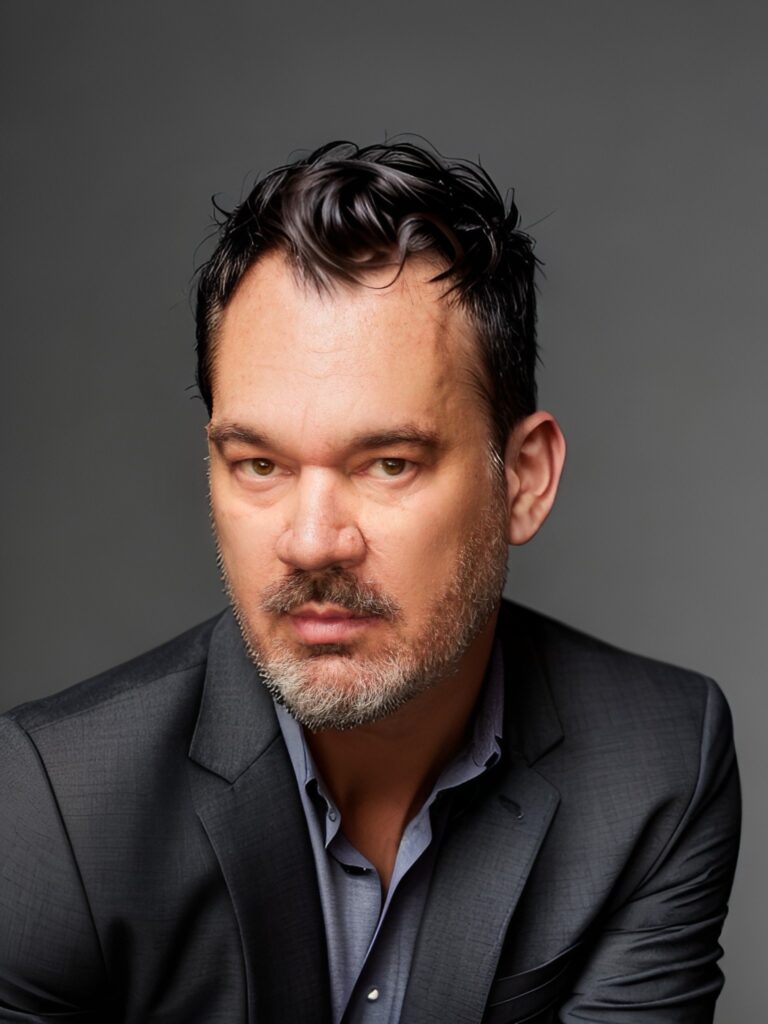
I think one of my personal challenges is uncertainty. Sometimes you think you know what you’re going to do with a character and you get to set, the Director calls action and your performance can end up being a completely different interpretation of what you had in mind. I think there are many variables of why this happens. Maybe I thought my scene partner was going to do it a different way, perhaps the director has added an action or two, I’m now walking instead of sitting. How would my character walk? I’ve learned to overcome this by always expecting the unexpected. Filmmaking is unpredictable. Live in the moment but more importantly, adapt. Once I tell myself that change is inevitable, I find that I’m more focused and prepared.
Looking ahead, what can audiences expect from you in the future? Are there any upcoming projects or roles that you’re particularly excited about?
I’m hoping a lot more job opportunities come my way. Right now I’m steady creating hats and auditioning for other projects. I’m both anxious and excited about the possibilities of season two of “Elkhorn” and looking forward to the chance of working with all my castmates again.
